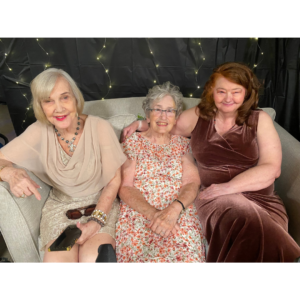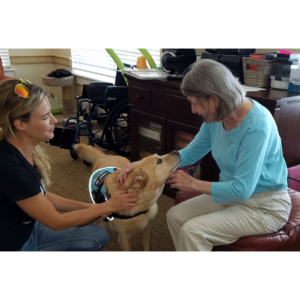Reading together: This is your brain on literature
Here at UMBC, we just welcomed a new group of about 1,550 freshmen students. We are very committed to making our students’ first year especially stimulating and challenging while building community and inclusion. One of my favorite methods developed by Dr. Diane Lee, Vice Provost for Undergraduate Education and Dean of the Undergraduate School and her team, is the New Student Book Experience. Incoming students read a book over the summer that is carefully chosen by a student-faculty committee for its power to illuminate the human condition, stimulate critical thinking, and apply to multiple areas of academic study. The book (this year’s was The Immortal Life of Henrietta Lacks by Rebecca Skloot) is the topic of a discussion during Welcome Week and in classes and seminars throughout the year.
I am sure that many of you have a favorite book that has illuminated and instructed you. Reading literature may have also functioned to hone you social skills without your knowing it. Two studies done Drs. Keith Oatley and Raymond Mar and their colleagues showed that people who frequently read fiction had more ability to understand others, empathize with them and see the world from their perspective. Oatley, quoted in "Your Brain On Fiction" by Annie Murphy Paul in The New York Times (3/17/12), observes that fiction acts as a simulation for the complex social world as computer simulations do in helping people deal with complex problems like flying an airplane or forecasting the weather.
Brain scans demonstrate that when we read, our brains become active as if we were actually experiencing the event or sensation we are reading about. For example, when people read about motion, not only did the language areas of the brain become more active, but their motor cortex, which coordinates the body’s movements, did too. And, the activity was concentrated in one part of the motor cortex when the description was arm-related and another when it was leg-related. A similar finding occurred when reading about sensations; if they related to the sense if smell (words like “lavender,” “cinnamon” or “soap"), the part of the reader’s brain that is devoted to processing smells became activated. Reading about an experience and doing it in real life appear to be the same as far as the brain is concerned.
This lead me to think of a new experience for elders, families and employees of care and service organizations that combines the multiple benefits found in the UMBC New Student Book Experience and the finding from neuroscience I described. And, it’s a low or no cost way to develop peoples’ social skills and keep their brain power engaged, not to mention a great way to share the insights of great authors. I propose that elders, families and employees emulate the UMBC book experience by reading and discussing books together. How low-tech and old fashioned! No computers needed (e-readers excepted). And, the TVs can use the time off.
Think about how readers’ lives and social relations would be enriched if they read and discussed the same book and had stimulating conversations about the books instead of just talking in problem-saturated conversations when someone needed another person to do something. What about a book experience in your setting where elders, employees and family members choose the book (large print or audiobooks are certainly an option)? This would be a wonderful, developmentally rich way to spend time doing things with elders, not for them. You might get a lot out of it.
I Advance Senior Care is the industry-leading source for practical, in-depth, business-building, and resident care information for owners, executives, administrators, and directors of nursing at assisted living communities, skilled nursing facilities, post-acute facilities, and continuing care retirement communities. The I Advance Senior Care editorial team and industry experts provide market analysis, strategic direction, policy commentary, clinical best-practices, business management, and technology breakthroughs.
I Advance Senior Care is part of the Institute for the Advancement of Senior Care and published by Plain-English Health Care.
Related Articles
Topics: Activities











